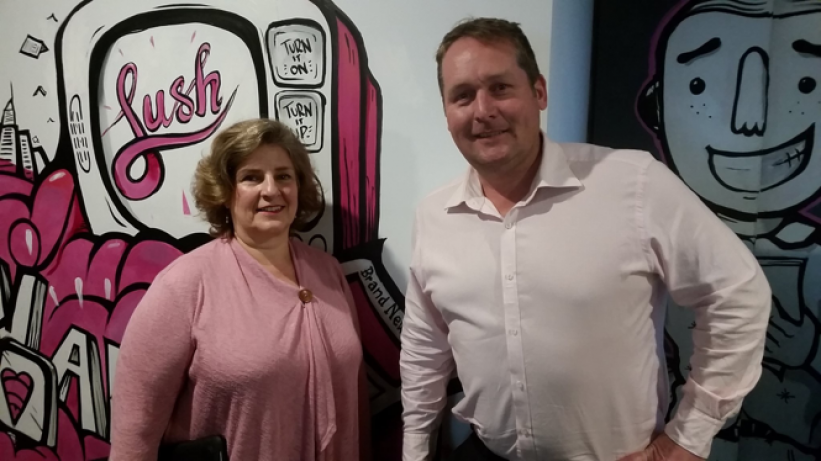How do you avoid making epic social media mistakes? The team discusses one of their favourite topics with storyteller, marketer, and social media guru, Jonathan Crossfield. Among his many titles he’s the Editorial Director behind Telstra’s content hub, Smarter Business Ideas. He is fresh back from Content Marketing World in the US, where he presented a paper on social media and audience: “the proper approach to social communications”.
Here are some key take-outs:
- First, this isn’t a witch-hunt for bad social media examples. Looking at any kind of failure is about trying to learn the lessons. Often, you can learn more when something goes wrong than you can when it goes right. The fact things keep going wrong suggests we still have a lot to learn, so let’s learn from each other.
- Jonathan’s suspicion about the social media mistakes made by big brands is that often they’ve been made by an agency or someone posting on behalf of a brand, rather than someone inside a brand. They may be a little too removed from a brand and less able to reflect the brand correctly — especially if posting has been left to inexperienced staff.
“It has become predictable that brands will run into these walls. You know they’re going to stuff up before they do. So if we can see it, why can’t they?” — Jonathan Crossfield
- Connecting your brand to any kind of “bad news” almost always blows up in a brand’s face (metaphorically speaking). It’s certainly not a good idea to do it deliberately in order to “troll” the consumer because, as Jonathan explains, “you might get the sentiment but the numbers are going to be through the floor”.
- Treat the emotions your audience are experiencing at the time with respect.
“It doesn’t matter if you didn’t mean offense; if the audience took offense, it was offensive.” — Jonathan Crossfield
- We’ve become too fixated on getting big engagement numbers because big numbers look good on the report card you’re giving to your client. But numbers are only ever part of the story — we need to think about how the message actually resonates with the audience.
- Social media and content marketing are long-term strategies and big engagement numbers are borne out of the old month-to-month campaigning thought processes. They shouldn’t be part of your long-term strategy because they don’t prove anything of value to your business. Think more about your messaging and resonance than about the reach.
“You need to focus on building your audience and serving your clients and quite frankly, if you’re trolling your audience, they will never engage with your brand again and they won’t say anything nice about you ever again.” — Sarah
Here are the links you might need
- Here’s Jonathan’s column in Chief Content Officer magazine. It’s a great read.
- Take a look at Nic’s defence of the KFC social media ad here. (OK, it’s also a good read).
Have you heard the one about…
Recently James, Sarah and Nic took a close look at the lessons that can be learned from the world’s best examples of content marketing
And here’s a fascinating discussion about the digital marketing strategies of the Clinton and Trump campaigns, based on an experiment Sarah conducted.
Like what you’ve heard?
Give us a follow on Soundcloud to get the latest episodes.
Or, you can subscribe or leave a review on iTunes.


